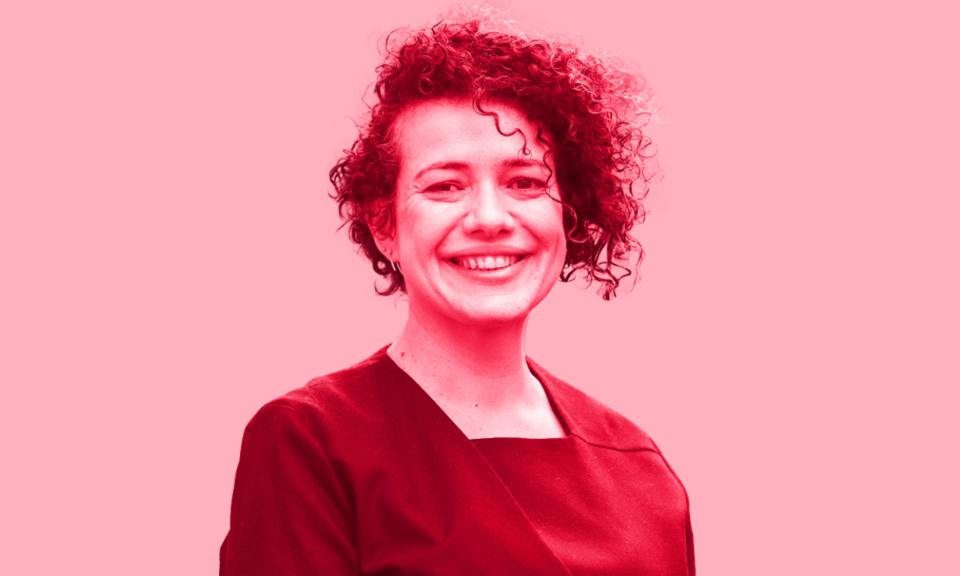
Written by
Published
Category
Key topics
Effective prioritisation is critical during times when the health system is under pressure; it allows senior leadership and policymakers to minimise the overall impact on patients while protecting the infrastructure of the healthcare system
Health economics sits at the interface between economics, public health and public policy, and the need for such expertise has never been so great as during this pandemic.
As a society, we have realised how important it is to keep people healthy. But individuals and authorities can’t make the difficult decisions involved in that – whom to treat, educate and support – without a deep understanding of the complex trade-offs and indirect effects.
This is what we teach on our MSc in International Health Management: the rationale for policy interventions in healthcare markets to promote efficiency while also taking equity into account. We look at why markets in healthcare may not be efficient, how they can fail, and how governments can intervene. Policymakers of the future must be equipped to take informed decisions. I teach students how to model these difficult decisions and the tools they need to decide whether X should be funded over Y.
Health and economy
Entitlement to good health is close to a universal human right, and this should prevail over economic concerns. But no health system can provide for all our needs: we must consider economic factors. When we decide to give treatment to a patient, we are inevitably denying it to someone else.
But health also has an instrumental value. Being healthy is a precondition to learning, working and being productive. Healthier societies perform better economically.
We’ve tended to think of lockdowns in terms of health versus wealth, but as any health economist will tell you, health and the economy go hand in hand. As data pours in, the effects of the pandemic and consequent lockdowns around the world are becoming clear, and they are devastating.
Efficiency is not the sole goal of policymakers
The immediate health risks from COVID-19 are obvious but deciding how to mitigate the impact of the pandemic is complex. Is it better to cope with the abrupt hardship of lockdown, the subsequent inequalities and the long-term impact of young people’s disrupted education, as well as the knock-on effects that could have on earnings, productivity and wellbeing down the line? Or is it better to keep the economy going and cope with avoidable death and disease that could also create an economic burden long into the future?
Health experts have neglected to recognise that an economic loss is not purely a loss for businesses. Lockdowns have disproportionately affected the livelihoods of poorer people. Strategies to mitigate the pandemic that protect health at the cost of decreased economic activity may actually cause ill health for the most deprived in our society.
Decision-making by sector
So we ask in class: could we have fine-tuned lockdowns better?
With no experience of how to control infections at this scale, the blanket shutdown of all but essential businesses has crippled many sectors. At Imperial, we’ve built a model that identifies which sectors should be closed to minimise the impact on the economy, while keeping schools and universities open and controlling infections so hospitals can cope.
This is important because not all sectors carry the same risk of infection: manufacturing is less risky than hospitality, for example, where face to face contact is unavoidable. Businesses that employ fewer workers will transmit less disease to the wider community. We’ve also taken supply chains into account: a business can’t operate without the goods and services it requires.
Healthier societies perform better economically
Similarly, sectors contribute differently, and their risk of infection may or not match their relevance to the economy. Using a dynamic economic model that examines the trade-off between opening some 63 sectors, we show how to optimise the UK’s economic output without overwhelming its National Health Service (NHS) – with estimated economic gains of more than £200 billion over six months. This gives an optimal moving picture rather than a fixed choice of what should open or close.
This pandemic has also brought home other hard choices – the kind health economists are used to grappling with. In economics, we make recommendations based on measured and objective performance indicators such as efficiency, which requires an examination of the benefits and costs of managing a scarce resource. Hospital care is a good example given the surge in demand during the pandemic.
At Imperial, we’ve created a tool that can help UK policymakers prioritise and respond better to hospital shortages, so they know whom to treat first when the NHS is squeezed. This is key. Countries have resorted to lockdowns because hospitals can’t cope with sudden demand. We show that these blanket policies lead to lower years of life than alternative prioritisation policies within hospitals.
Health economics and COVID-19
While efficiency is a key performance metric in economics, in health economics, the optimal allocation of scarce resources is also driven by what society deems fair. But how do we reach that judgement? If we don’t study this and embed these considerations in policymaking and clinical guidance, we’ve forced the burden of choice upon NHS professionals, e.g. do you admit the young cancer patient or the elderly person with coronavirus? But this decision shouldn’t be theirs to make – certainly not without informed discussions.
These decisions require appropriate tools and methodologies. I teach students how to model such decisions and the tools they need to decide. I also teach them efficiency (implicit in these tools) is not the sole goal of policymakers.
Implicitly health systems have prioritised COVID-19 patients by denying care to patients suffering from other diseases, and many will inevitably die because of these delays. Is this what we want?
When we decide to give treatment to a patient, we are inevitably denying it to someone else
We could argue the young have more years to live and therefore should get priority. We could also argue more vulnerable elderly patients have less chance of survival and therefore should be a priority. Or we could argue both are entitled to care regardless of their age and we should toss a coin to decide – or give care to the one that comes through the door first. These are all valid principles of justice. If as a society we don’t have these informed discussions and issue clear guidance, then ultimately what will prevail is the judgement of those in the field.
Our work can embed these equity trade-offs, so policymakers have the right tools to hand. With the right information, society could reach a consensus to provide guidance for medical professionals. Health economics has never been so important.
This article draws on findings from "Report 40: Optimal Scheduling Rules for Elective Care to Minimize Years of Life Lost During the SARS-CoV-2 Pandemic: An Application to England" by the Imperial College COVID-19 Response Team.


